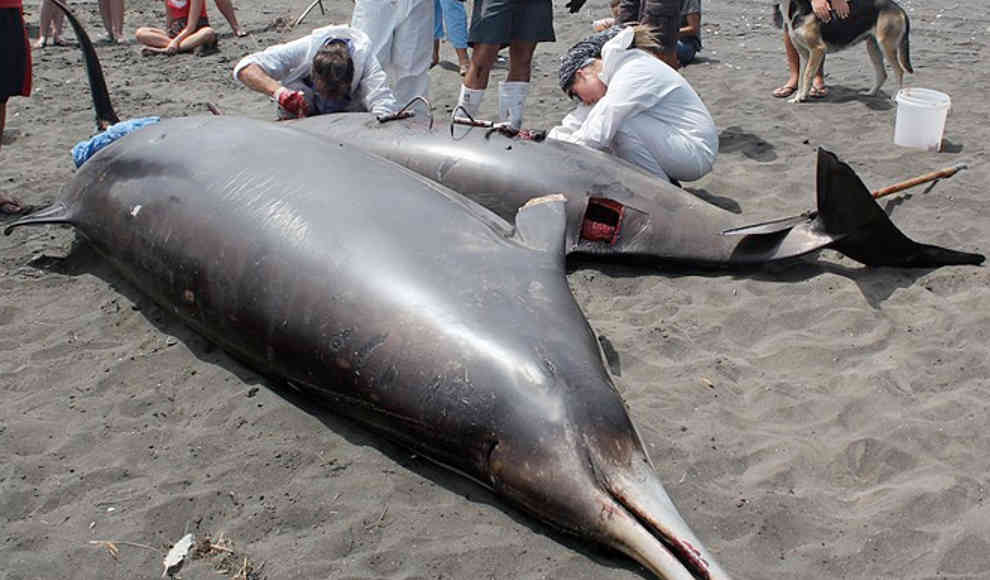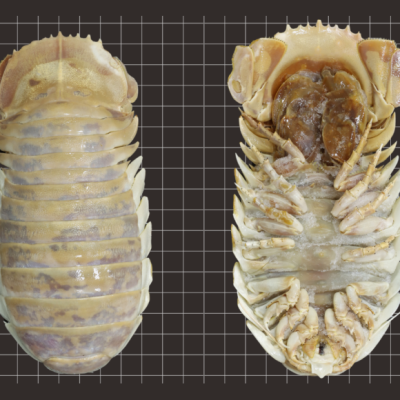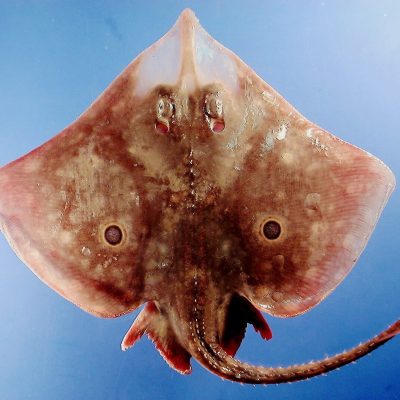For over 100 years, international researchers have been searching for the elusive beaked whale, of which only a few bone fragments and a sketch existed. Now, the mysterious whale has washed up on a beach in New Zealand, and researchers have confirmed its existence. The Opape Beach in New Zealand is now home to two well-preserved beaked whale carcasses, a 5.3-meter-long female and a 3.5-meter-long male. The male whale is the calf of the female, as confirmed by DNA analysis. The discovery has excited researchers, who had previously only been able to create a sketch of the Bahamonde beaked whale, also known as Mesoplodon traversii, using the few bone fragments available.
The Bahamonde beaked whale is a completely unexplored species, with only three bone fragments found to date. The discovery of the two carcasses has allowed researchers to identify the species and exclude any confusion with other beaked whale species. The beaked whale is believed to be native to the Pacific, but little else is known about its habitat or behavior. The whales are thought to dive deep to hunt for squid and small fish, and they spend very little time at the surface to breathe. The difficulty in identifying beaked whales has made it challenging for researchers to study them, with most knowledge of the species coming from brief sightings.
The discovery of the Bahamonde beaked whale has opened up new avenues for research, and the skeletons of the two whales have been taken to a New Zealand museum for further study. The identification of the species will allow researchers to observe the whales in their natural habitat and learn more about their behavior and habitat. The discovery of the Bahamonde beaked whale is a significant breakthrough in marine biology, and it is hoped that further research will shed light on this mysterious species.










